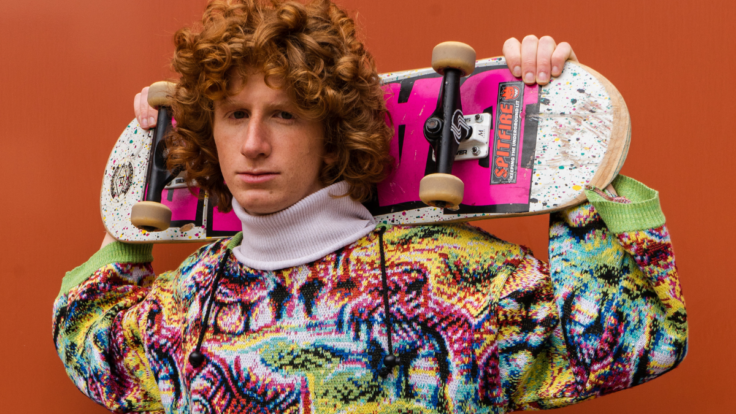Arguably one of our era’s main concerns, artificial intelligence (AI), in the plurality of its forms, has been causing turmoil amongst humans as their ability to accomplish whatever task is assigned to them without reflection upon the ethical weight of the given request prompts deep questioning as to the impact and potential consequences this technology may have on our societies and species —despite them making the life of the everyday netizen substantially easier.
In recent times, the fast rise of digital AI platforms has been felt across most countries around the world, with softwares such as ChatGPT rapidly turning into indispensable tools to even the most reluctant critic. Considered to be an efficient time-saver, as well as a smart problem solver, the positive output of these man-made-robot-like engines were quick to receive praise while simultaneously drawing the attention of skeptics and critics.
Detractors usually question AI for some of its yet-to-be-fully-perceived flaws, ranging from the potential dystopian scenarios where they take over most, not to say all, human interactions to ones where these systems are used for the wrong reasons — one of which can be facial recognition. The idea that artificial intelligence is affecting human rights and freedoms was pointed to back in 2019, when citizens of Hong Kong who took to the streets to protest against the autonomous government’s introduction of a new policy that sought to amend the Fugitive Offenders Ordinance with regards to extradition were detained by police officers who used face algorithm technology to identify protestors.
Although it was recorded as the largest wave of discontent ever witnessed in the history of the administrative region of China, it was another element that monopolized headlines across the world as for the first time probably ever, identity was weaponized, with authorities making use of AI-coded instruments to uncover the ipseity of the people allegedly triggering civil unrest for arrest. With the world’s eyes closely following the several months long happening, the international community was stunned to learn about the myriad of ways in which activists and militants would shield themselves from social screening devices and biometric data collection equipment. With most methods relying on DIY techniques to achieve their given objective, one label has taken it upon itself to reach the same goal while remaining stylish. Enter: Cap_able.
Answering one the most modern of concerns through fashion, the Italian start-up co-founded by Rachele Didero and Federica Busani “wants to be an exemplary leader in raising awareness of the importance of one’s rights,” by stitching ”highly innovative design products from a technological and ethical point of view.” The patented textile concept, born in 2019 from a conversation between the founders on society and technology, makes wearers invisible to facial recognition apparatuses by helping citizens, for whatever reason, remain incognito all day and night long.
To break it down, Cap_able’s approach involves incorporating a series of carefully created motifs, generated by AI themselves, into the fabric’s design, confusing other AIs as they are suddenly unable to precisely pick up on the patterns of each garment, with cameras instead identifying the wearers as dogs, zebras, giraffes, and other various animals designed on jumpers, hoodies, pants, and hats. Providing the ability to now move through public spaces without being identified allows a newfound sense of freedom for those who value their privacy to emerge. And as the debate around biometric recognition technology continues to heat up, Cap_able’s knitted garments are sure to be at the forefront of the conversation, proving to potentially be a major game changer in the industry and in our societies.
While Cap_able’s technology is certainly impressive, it remains to be seen whether it will catch on with the mainstream fashion crowd as well as whether governments will seek to regulate the pieces of textile and the amount at which one can remain unidentified on streets because of them. As the fashion industry has often been criticized for prioritizing aesthetics over functionality, or for sometimes also being out of touch with the real world, Cap_able’s range of items finally addresses a pressing issue without sacrificing style, hitting the nail on the head and tacitly reminding us of how practicality and style are not mutually exclusive— although the brand gives tingles of Desigual to some.
Only time will tell whether Cap_able will be embraced by the masses or instead face resistance. Nevertheless, with the ongoing debate surrounding privacy, it will be interesting to see how their technology will be received in the coming years, but for now, the fashion industry has a new contender that is challenging the status quo and that is bringing new meaning to the phrase “fashion with a purpose.”







